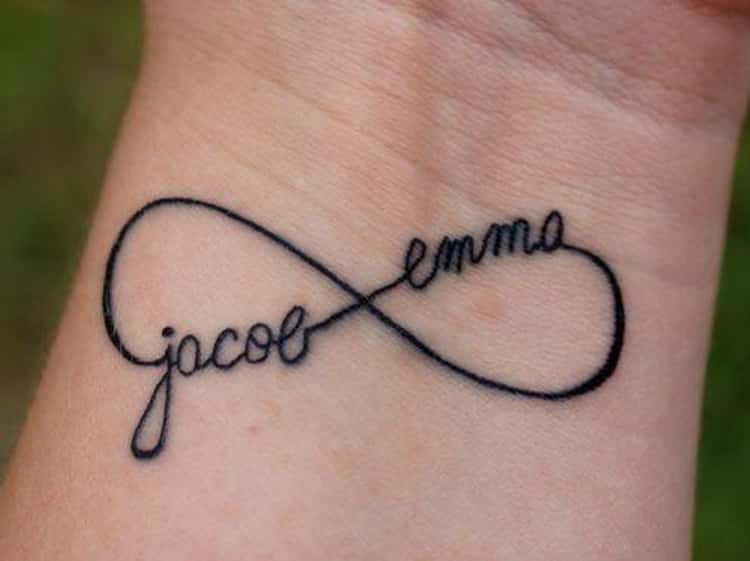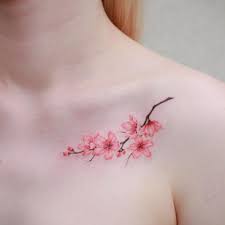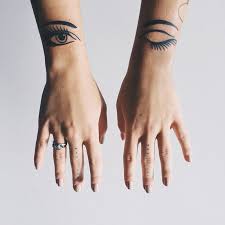
Irezumi
Japanese Gang tattoos, known as Yakuza tattoos, are an unconventional form of body art rooted in Japanese culture. These tattoos, called irezumi, have been a part of society since Japan’s mid-Edo period. Irezumi tattooing is a centuries-old tradition with black-and-gray designs featuring symbols of deep cultural significance, such as dragons and koi fish.
Tebori and Traditional Methods
Traditional Japanese tattooing methods, known as Tebori, involve using rods and needles to apply ink onto the skin. These methods are considered less harmful but more painful than modern tattoo machines.
Symbolism in Yakuza Tattoos
Yakuza members often sport an irezumi tattoo featuring a maneki neko (beckoning cat), symbolizing luck, wealth, and fortune. Pink cherry blossoms are also common symbols representing fertility and tradition. Phoenixes are another popular motif, symbolizing faithfulness, firepower, justice, and obedience.
The Samurai Influence
Samurai warriors played a significant role in Japanese history. They were known for their extensive training and adherence to courage, kindness, respect, loyalty, and service. Samurai tattoos, which portray courage and toughness, have become trendy in recent years.
Koi Fish Symbolism
Koi fish symbolize luck, fortune, courage, strength, and perseverance. They are often featured in traditional Japanese tattoo designs, representing their ability to swim upstream and transform into dragons. Gang members often choose Koi fish tattoos to symbolize their strength, durability, and success.
Idol Tattoos among Gangsters
tattoos in Japan have long been associated with criminals and outlaws. Yakuza members appreciate irezumi tattoos as a form of rebellion against government regulations and the discrimination they face. Idol tattoos depicting various images, like motorcycles, flowers, samurai swords, and skulls, are popular among gang members.
Changing Perception
Although tattoos were initially stigmatized, the perception has started to change. Criminal tattoos, known as bokken, are now concealed in larger, more decorative designs. Tattoos have become an act of resistance and rebellion, leading to the rise of irezumi as a form of art.
Ankle Tattoos in Bosozoku
Bosozoku, a Japanese biker gang, incorporates idol tattoos into their culture. Ankle tattoos, covering the back to buttocks and thighs, often depict images associated with wisdom and ancestors, typically in black hues.

